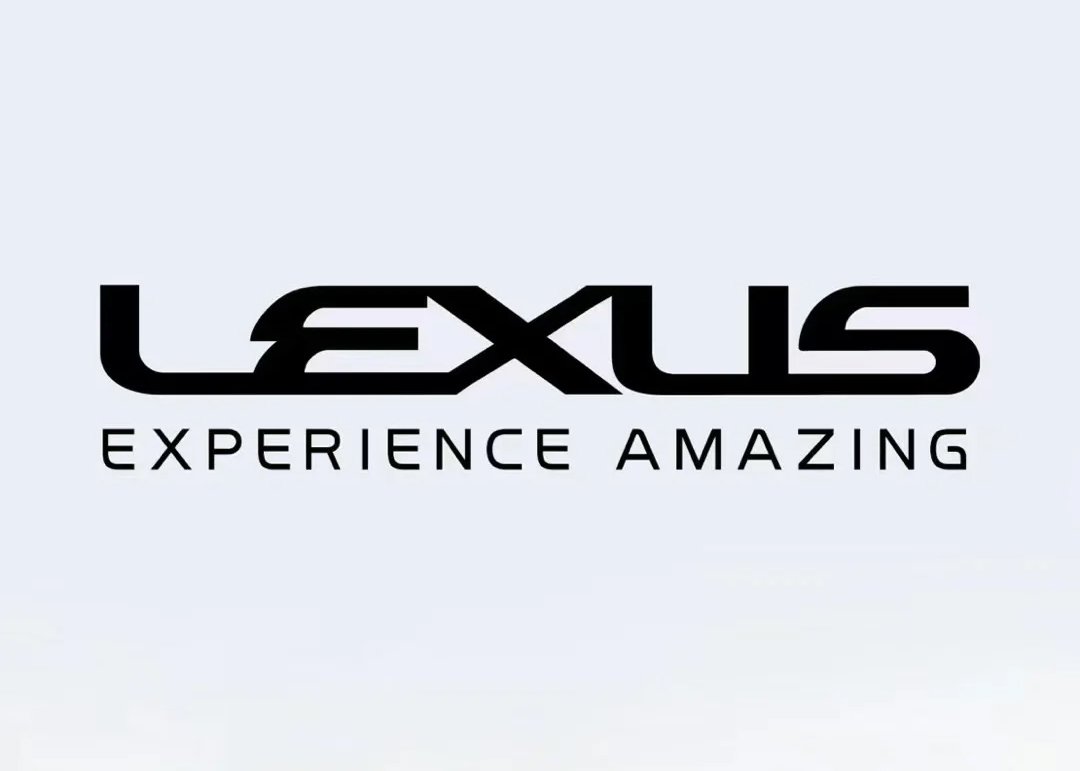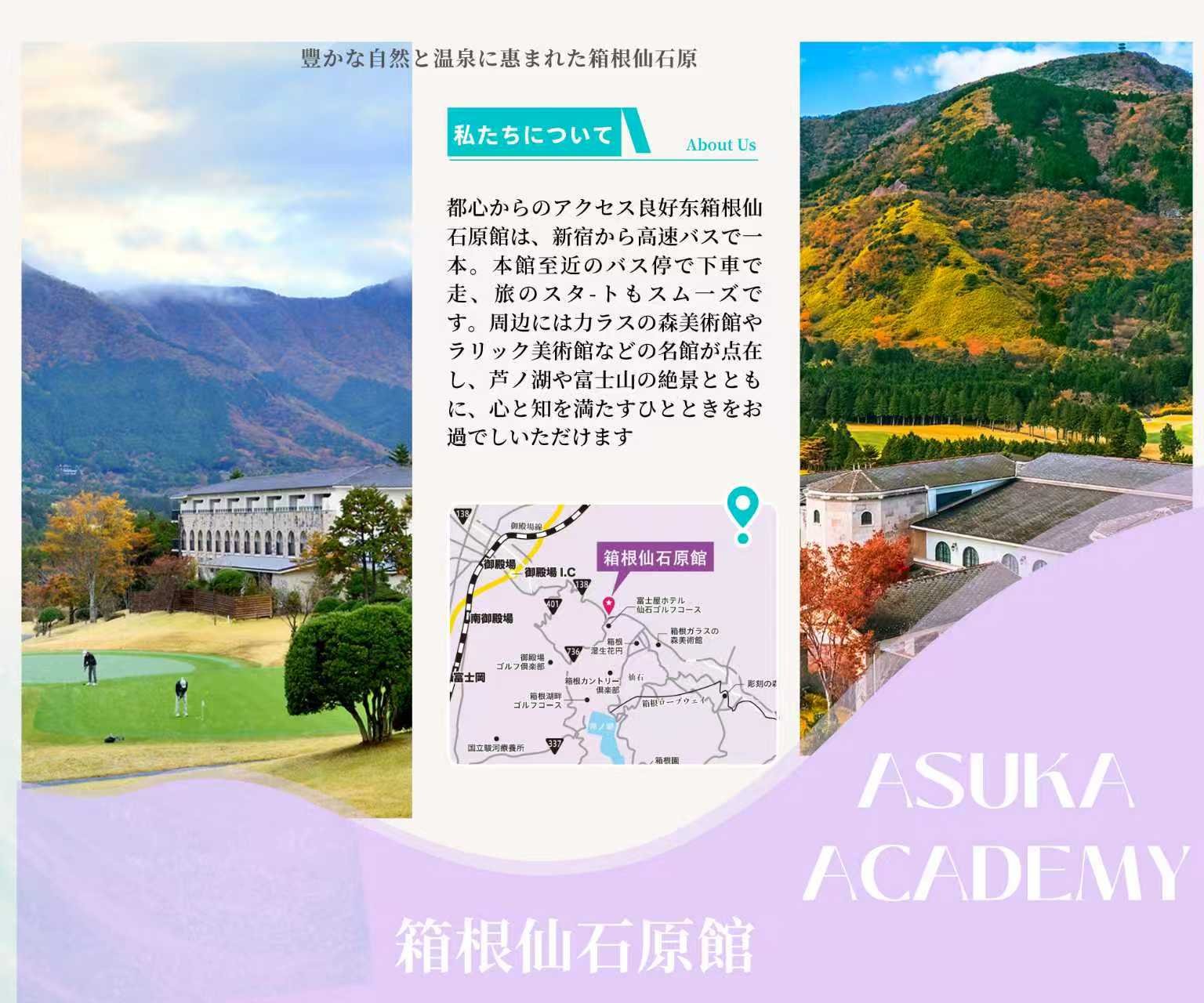Toyota Motor Corporation’s premium brand, Lexus, has secured a plot of land in Shanghai’s Jinshan District to establish a wholly-owned new energy vehicle (NEV) manufacturing base. This milestone marks Toyota as the first Japanese automaker to achieve full ownership of manufacturing operations in China, signaling a new phase in the country’s deepening implementation of its NEV industry liberalization policies.

According to Shanghai’s land transaction records, Lexus (Shanghai) New Energy Co., Ltd. successfully bid for an industrial plot in Jinshan District on April 1. The site covers approximately 1.1278 million square meters with a plot ratio of 2, and the transaction was finalized at RMB 1.3534 billion. The land transfer announcement specified an investment intensity requirement of RMB 8.42 million per mu (about 666.7 square meters). In a statement released on February 5, Toyota China announced it had signed a strategic cooperation agreement on green and low-carbon development with the Shanghai municipal government. The wholly-owned plant is scheduled to commence production of a new electric model by 2027, with an initial annual capacity of 100,000 units and is expected to create around 1,000 jobs.
This move breaks the 40-year tradition of foreign automakers operating in China exclusively through joint ventures. Previously, Toyota’s manufacturing activities in China were conducted through its joint ventures FAW Toyota and GAC Toyota, while Lexus vehicles were entirely imported from Japan. This transformation directly benefits from China’s 2018 policy reform that lifted foreign ownership restrictions in the NEV sector—Tesla was the first to capitalize on this with its Shanghai Gigafactory in 2019. Lexus’s project now serves as the “icebreaker” for Japanese automakers seeking full ownership, highlighting the accelerated opening of China’s high-end manufacturing sector.
Against the backdrop of intensifying U.S.-China tech competition and global supply chain reorganization, Lexus’s decision to establish a wholly-owned plant carries multiple strategic implications. Previously, Lexus EVs sold in China were 100% imported from Japan, exposing the brand to potential tariff barriers and supply chain disruptions. Local production will shorten delivery times and mitigate uncertainty. The new facility will also include battery research and development, potentially integrating deeply with domestic supply chains led by companies such as CATL and BYD. Estimates suggest that using China-made batteries could reduce unit costs by 15%-20%—a critical factor for Lexus’s premium pricing strategy. Shanghai’s 14th Five-Year Plan designates the city as a global hub for NEVs, and the Lexus project aligns its interests with local carbon neutrality goals. Its high investment intensity (RMB 8.42 million per mu) also matches China’s preferential support for high-tech foreign investment projects.
Although both Lexus and Tesla are foreign wholly-owned automakers in China, their market entry strategies reveal different approaches. Industry analysts note that Tesla acted as the “trailblazer,” proving the viability of the wholly-owned model, while Lexus is positioning itself as a “deep cultivator,” driving deeper integration between Chinese and foreign supply chains. This evolution indicates that China’s NEV sector is transitioning from “policy-driven” to “market-driven” growth, meaning foreign carmakers must pursue technology localization and strategic partnerships to sustain expansion. Moreover, Lexus’s project is part of a broader wave of foreign luxury and premium automakers accelerating their strategic deployment in China’s booming market.




